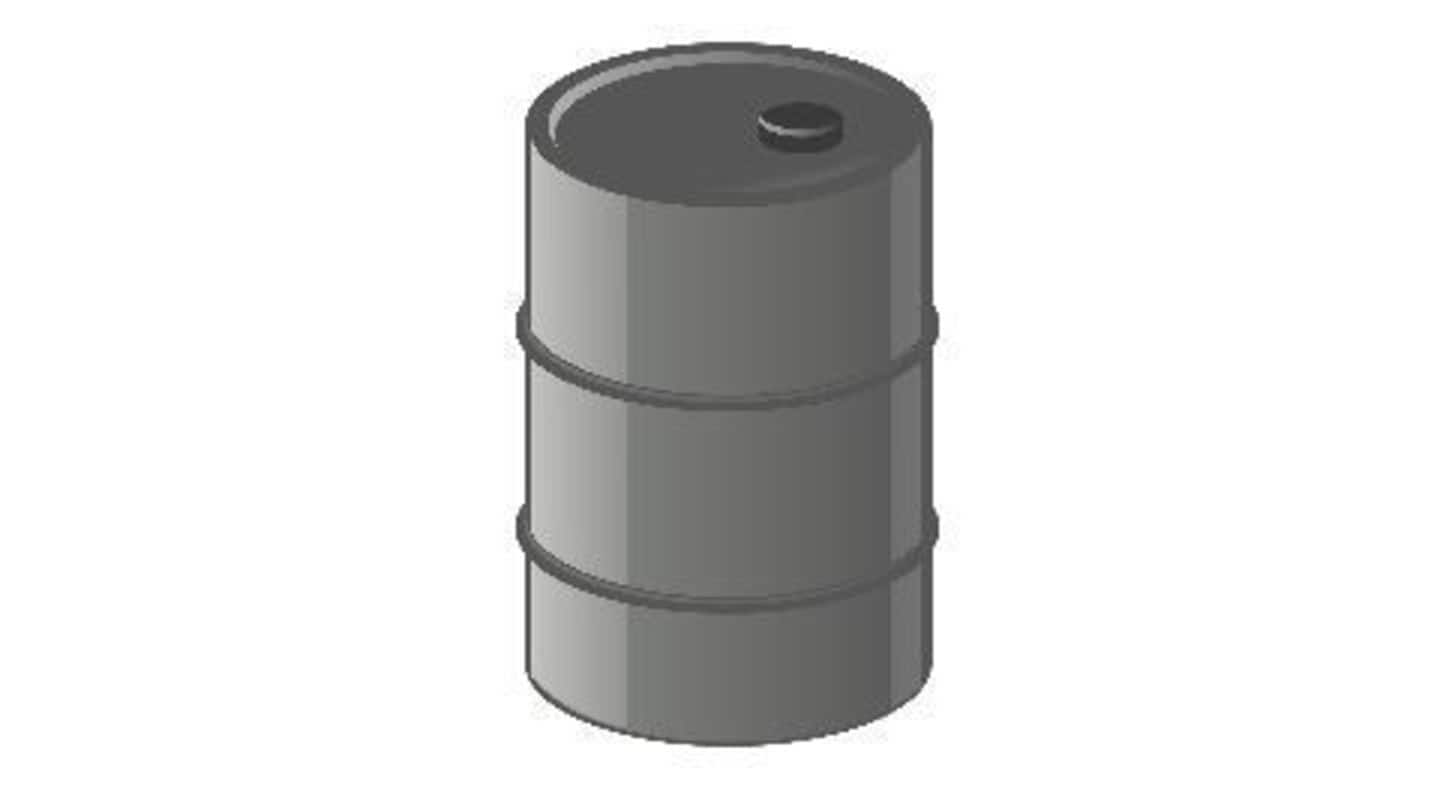
UAE offers free crude for Mangalore oil reserves
What's the story
UAE's oil major ADNOC, has offered India two-thirds of oil imports for free if India agrees to store ADNOC's oil in its strategic reserve at Mangalore, Karnataka. India is building 5.33 million metric tonnes (MMT) of crude oil strategic reserves at Mangalore (1.5MMT), Vishakhapatnam (1.33MMT) and Padur (2.5MMT). ADNOC will use 0.75MMT of reserves in Mangalore as a warehouse for trading its oil.
About
What are strategic reserves of oil?
Strategic oil reserves are created by countries to store crude oil, generally in an underground cavern, for energy security and to hedge against price rise. India had decided to create strategic reserves of crude to the tune of 5.33 million tonnes to provide for about 10 days of reserves. Indian Strategic Petroleum Reserves Ltd. was created as creator and custodian of these strategic reserves.
Personal
Why underground caverns?
Underground caverns are best suited for storing strategic oil reserves as they don't require a large amount of land, ensure less evaporation, and are relatively easy to fill from ships as they are much below the sea level.
1998
Why are strategic reserves required?
India, which imports 77% of oil, is vulnerable to supply disruptions due to geopolitical reasons and oil price shocks. The idea of strategic oil reserves was first mooted in 1998 by the previous NDA government in the wake of the gulf crisis of 1990. The idea was to have 90 days or 50 million tonnes of strategic oil reserves by 2020.
Information
Vizag reserve commissioned
India commissioned its first strategic oil reserve in Vishakhapatnam in July 2015. It can hold 1.33 million tonnes in a 3.3 km long and 10 storey tall underground cavern.
9 Dec 2015
Pipeline delays affect project timeliness
Delays in laying of pipelines have contributed to a 6 month delay in filling up strategic reserves of oil, which was slated to be completed by Mar'16. The landowners and locals protested laying of pipelines from ports to the cavern. While two-thirds of the required 12.8 km pipeline was laid in Mangalore, only half of the 36 km pipeline had been laid in Padur.
4 Feb 2016
Rs.15,000 crore sought for strategic oil reserves
Oil Minister, Dharmendra Pradhan, sought Rs.15,000 crores from the 2016-17 budget for the second phase of India's strategic oil reserves. The second phase would see construction at 4 places- Bikaner in Rajasthan, Rajkot in Gujarat, Padur in Karnataka and Chandikhole in Odisha. The oil ministry seeks to utilize the low global prices of crude oil to build and fill India's strategic reserves.
Information
45 days of strategic reserves
India imported 189 million tonnes of oil in 2014-15. The 5.33 million tonnes in the phase-1 provides a buffer of around 10 days while the second phase of 12.5 million tonnes will provide additional 30 days of buffer taking the total to 45 days.